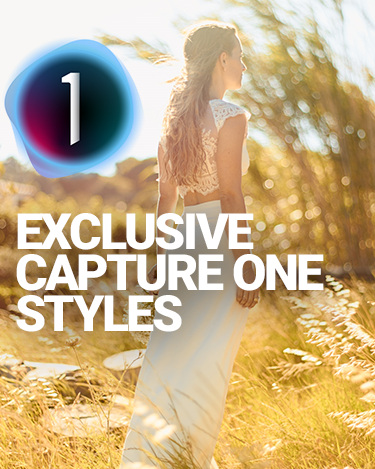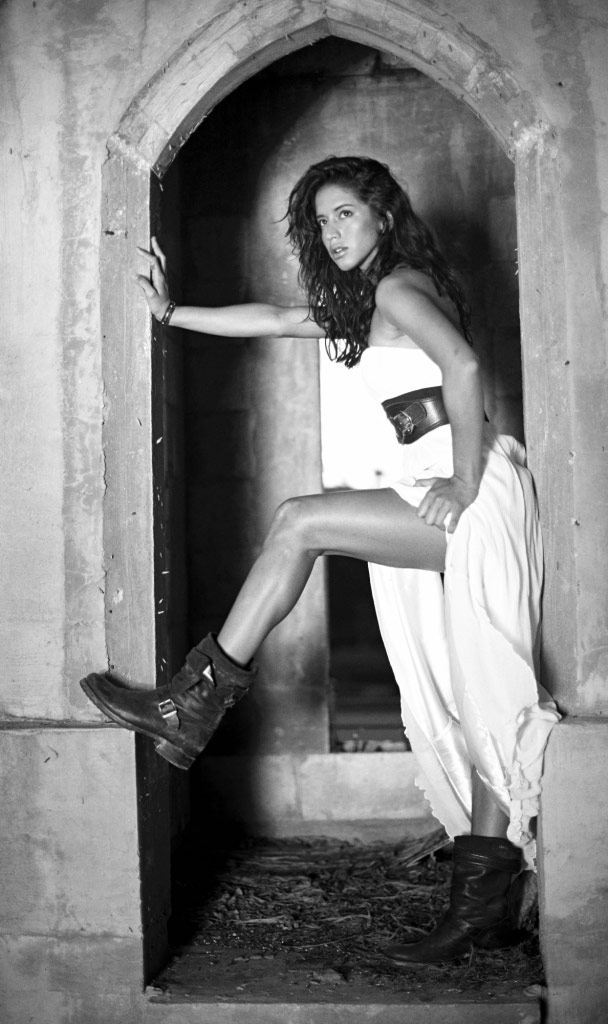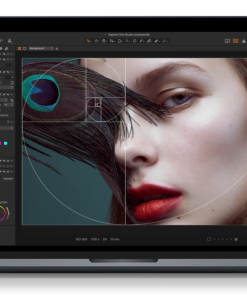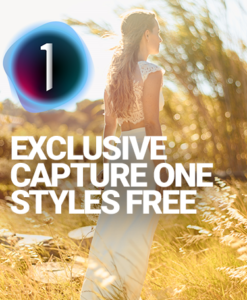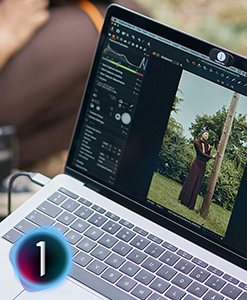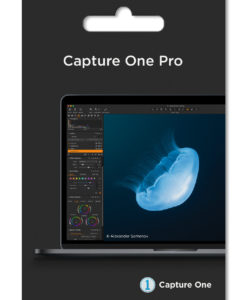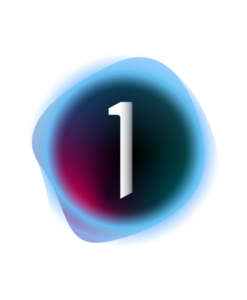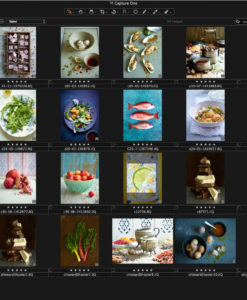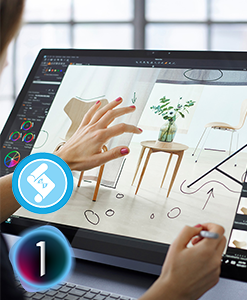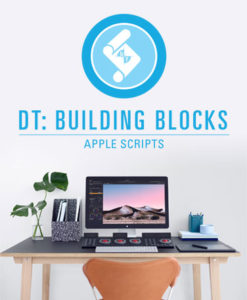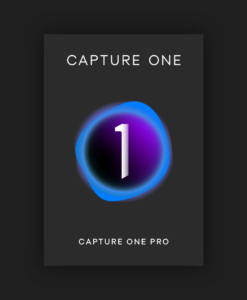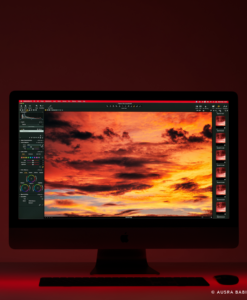DT Capture One Style Pack (2020 Edition)
$129.00
A pack of 150 styles designed for Capture One.
Download link is emailed after purchase.
*Please allow up to one hour for download to be emailed.
![]() We are excited to announce the DT Capture One Style Pack which provides a cookbook of Capture One looks. They have been developed by Doug Peterson, the head of our Capture One Masters Program curriculum, based on years of work consulting with a variety of photographers. The range of looks provides something for every genre of photography, whether portrait, fashion, product, landscape or other.
We are excited to announce the DT Capture One Style Pack which provides a cookbook of Capture One looks. They have been developed by Doug Peterson, the head of our Capture One Masters Program curriculum, based on years of work consulting with a variety of photographers. The range of looks provides something for every genre of photography, whether portrait, fashion, product, landscape or other.
What Reviewers Say
Read this Image Alchemist review to see what one expert C1 user thinks of our styles.
2020 Edition
This 2020 Edition of the DT Capture One Style Pack takes full advantage of advantage of the Capture One feature that allows you to apply a style to a layer and then use an opacity slider to fade the effect. This opens up a new world of creative possibilities!
Powerful. Easy. Flexible.
The looks contained in the DT Capture One Style Pack are as broad as they are carefully crafted. They cover everything from subtle skin tone enhancers to extreme adjustments that are otherwise impossible to manually achieve in Capture One. They are meant to create beauty, solve visual problems, inspire creative experimentation, and reveal powerful tool combinations that many users would never otherwise uncover.
About the Style Categories

People
A set of nearly two dozen tweaks, twists, and takes on images with skin. Nailing skin tone is a tricky, subjective, and absolutely essential part of any people photography. Some of our solutions are inspired from a deep understanding of film emulsions popular with people photographers such as Portra. Others are entirely new approaches to the issue of skin tone variations. Of course these styles can also be applied to images that aren’t of people. Keep them in mind especially for images which have strong backlighting, or a lot of red. For those looking to isolate skin tone tweaks from all other adjustments (e.g. to apply to an image that has already been stylized, but which needs help on skin tone) we suggest checking out the Skin Tone tweaks in the Tools (see below).
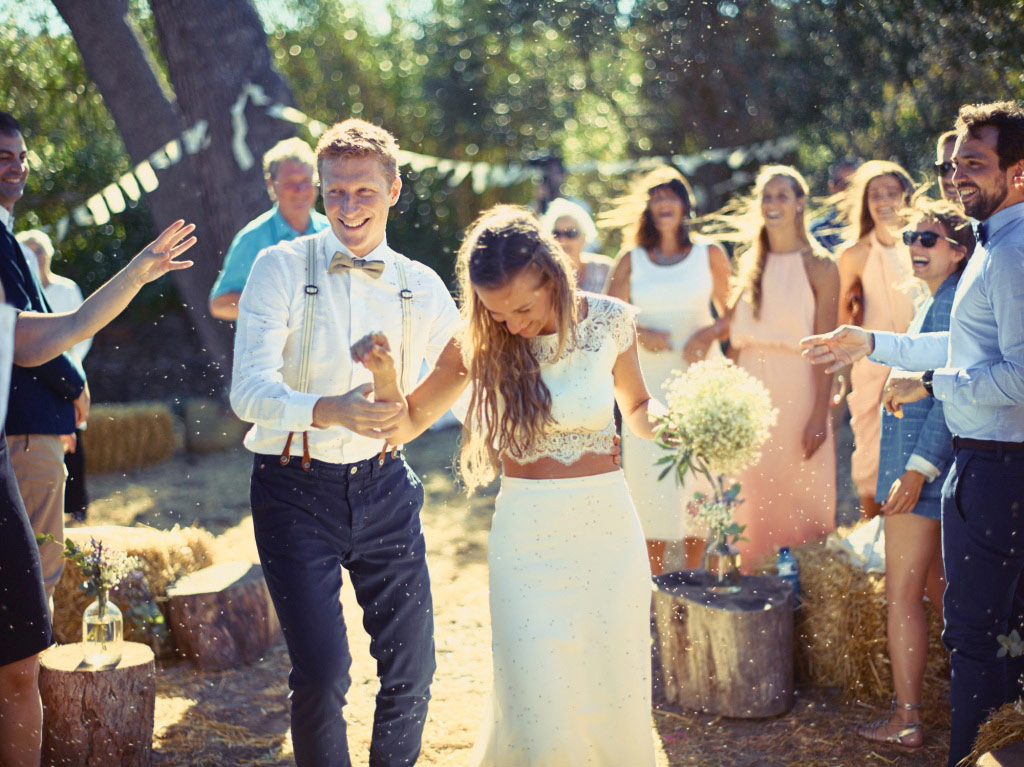
DT Ode – Breeze
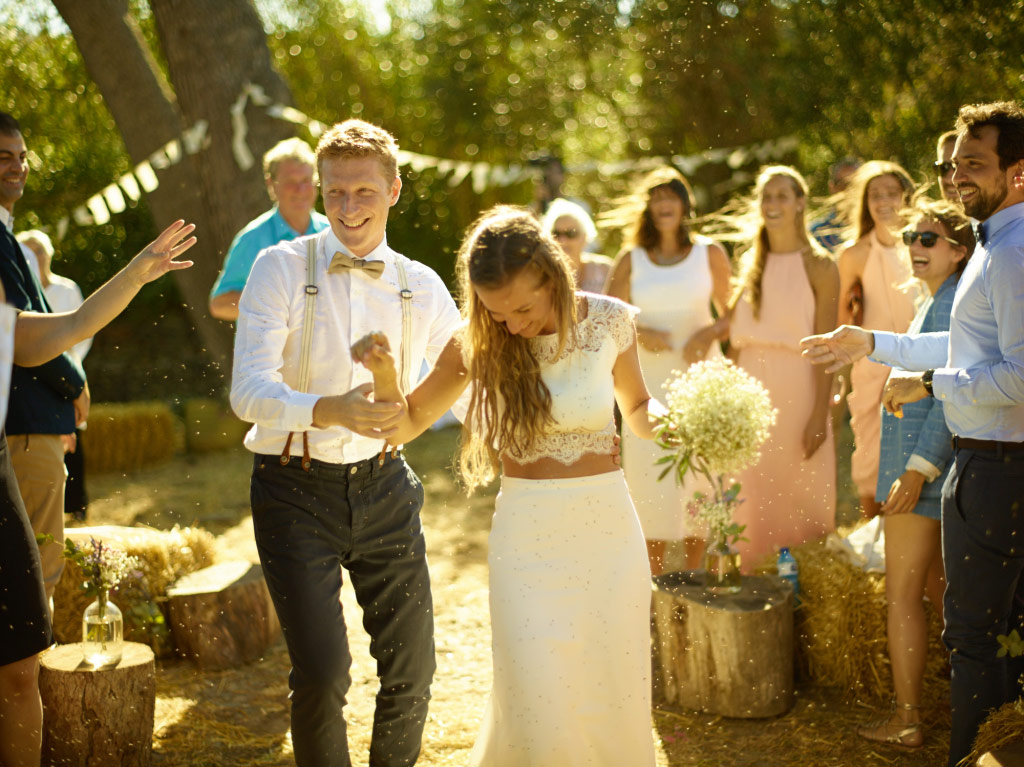
DT Ode – Normal

B+W Mono
These are monochromatic styles that produce neutral grayscale images… in other words “black and white”. Some are inspired by my experience with specific films while others are inspired by the black and white work of some of our clients. Most contain several different adjustments in addition to the obvious conversion to black and white. My favorite two are “Bathroom Sink” and “Tidal Wave”. The former riffs on my experiences developing black and white in the dorm sink during college; intense grain, contrasty, and uneven development. The latter leverages the concept of color contrast under the hood to increase local contrast in images that have several dominate colors.
DT BW 8
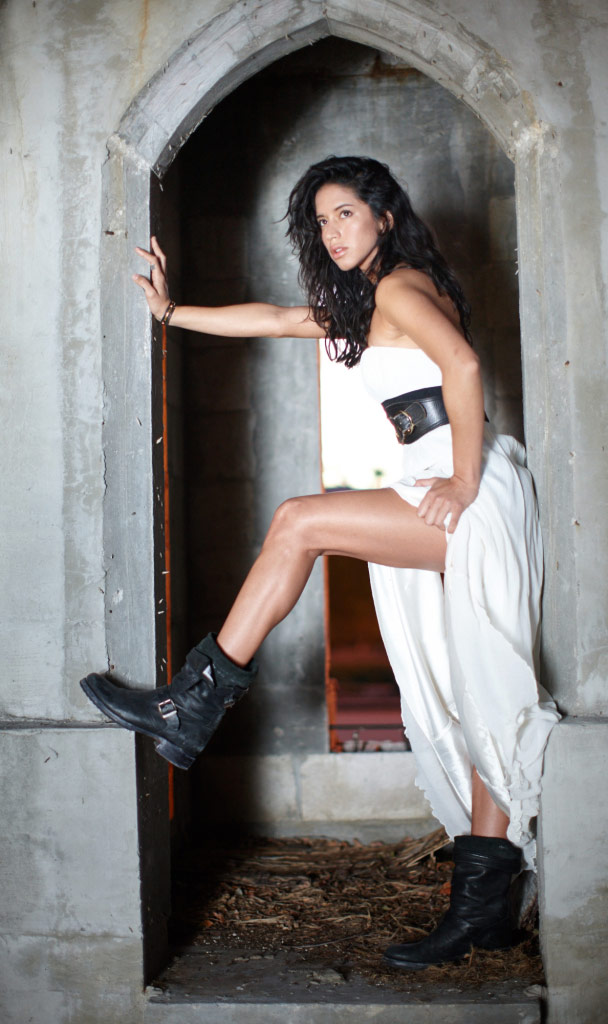
Normal

B+W Toned
These styles leverage the split toning engine of Capture One to provide unique looks. Because split toning can often be a bit much, we’ve provided a subtle, normal, and contrasty version of each. This is one of the easiest set of styles to make your own. After applying the style, open the Split Tones pane of the Black and White tool and play with the hue and intensity of the colors we’ve selected for that style’s duotone; the other adjustments (curves, black and white conversion matrix, sharpening, grain etc) will come along for the ride. My favorite is TinType Alt. It provides a warm tint, but more importantly raises the black point (floor) slightly, with a novel approach to break that floor on certain tones to create a slight posterization in the shadows similar to the glared effect that can pop up in deep blacks on a tintype. It also drops the red tonal response to reproduce the modestly tanned look that tintypes rendered on skin tone.
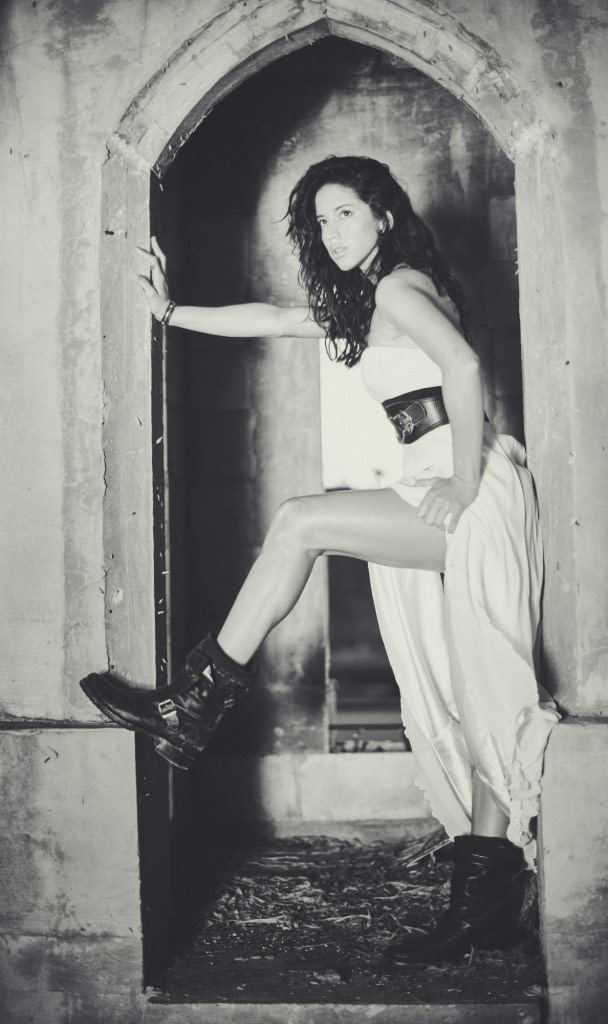
Tintype Alt

Normal

Details
The three variables of sharpening, the four variables in noise reduction, and the film grain tool all effect each other. Playing with various combinations of these tools can be especially difficult because of their technically obscure meanings and the lag many computers will have in rendering their results. My favorite preset in this group is Too Early to Shave which combines a bit of gruffness (low USM threshold and added film grain) with a modest dose of grogginess (lower than normal sharpening, reduced detail enhancement). Those looking for a more clean and commercial look may prefer the Clean Shave style. Because these styles predominantly deal with tools in the Details tab their effect may not be visible when zoomed out on the image. We suggest viewing the image at 100% to ensure you notice the changes being made.
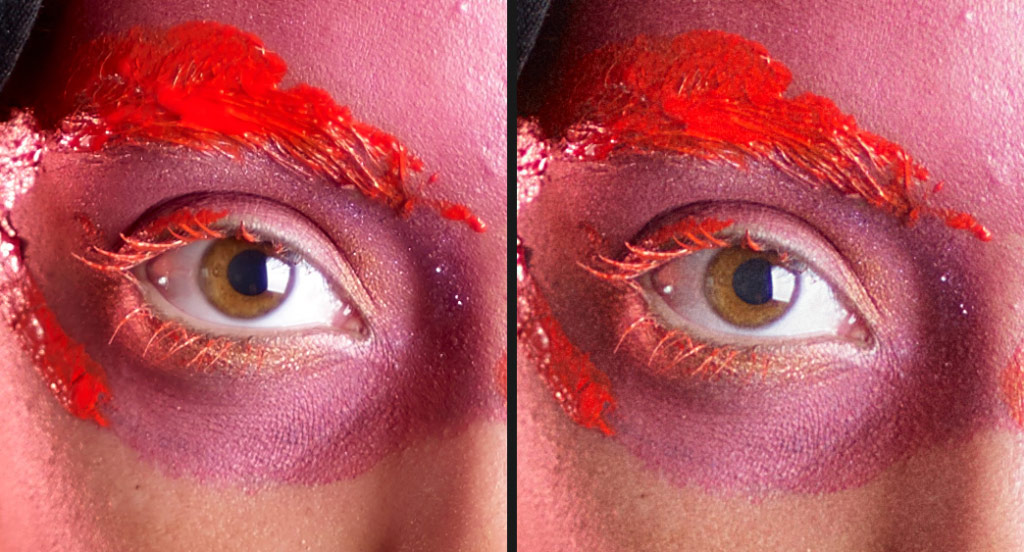

Looks
The broadest and most diverse category in the style pack. These range from classic looks like Georgia Peach which can often evoke feelings of 1970s family photos, to edgy modern stylizations. Because these styles provide the most pronounced look they are the most variable in effectiveness. For any given style in this group there will be images that the style rocks and some images images for which the style is a complete failure. Each style has a light, medium, and heavy version denoted with -1, -2, and -3. My favorite is Peacemaker, which is an understated look with muted tones, deep blacks, and a risky dip in the red shadow response that can bring out magic in some images (which looking horrid in others).
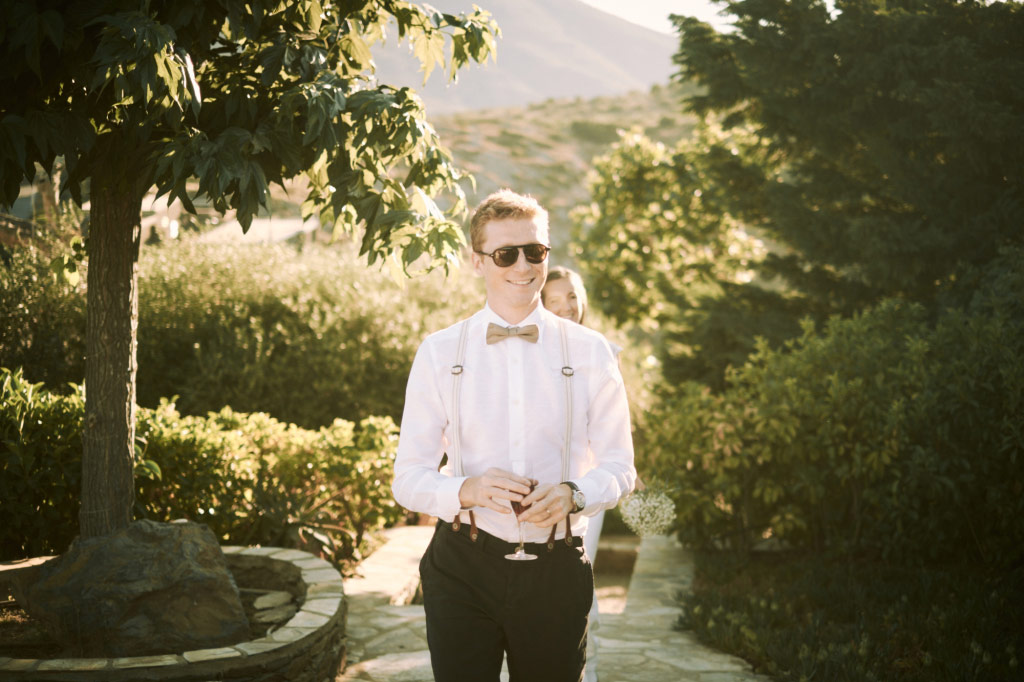
DT Peacemaker – 2
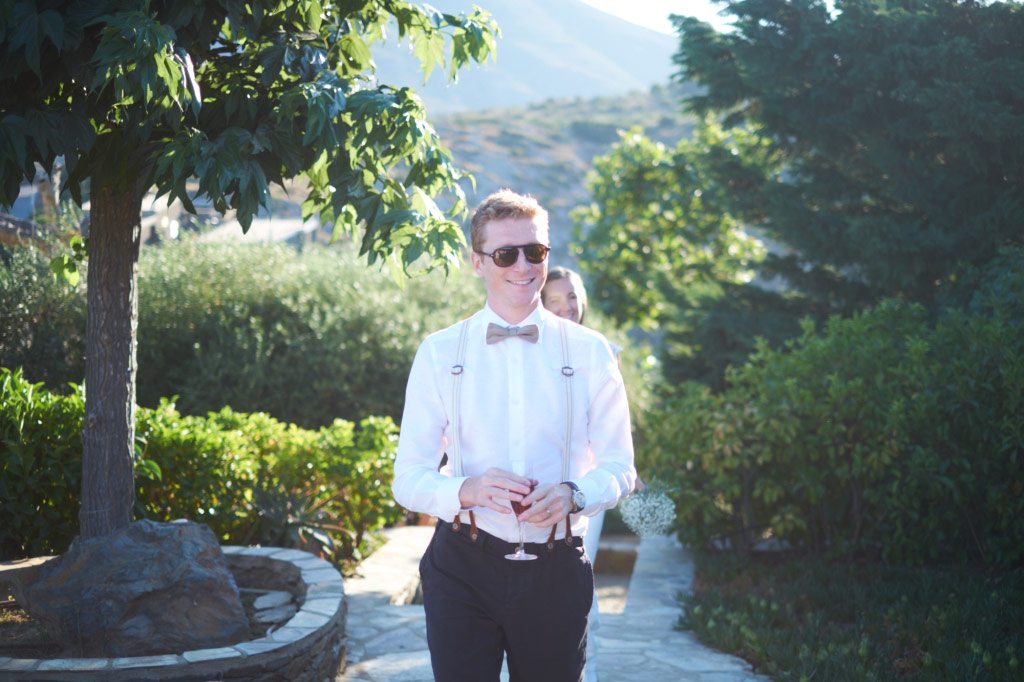
Normal
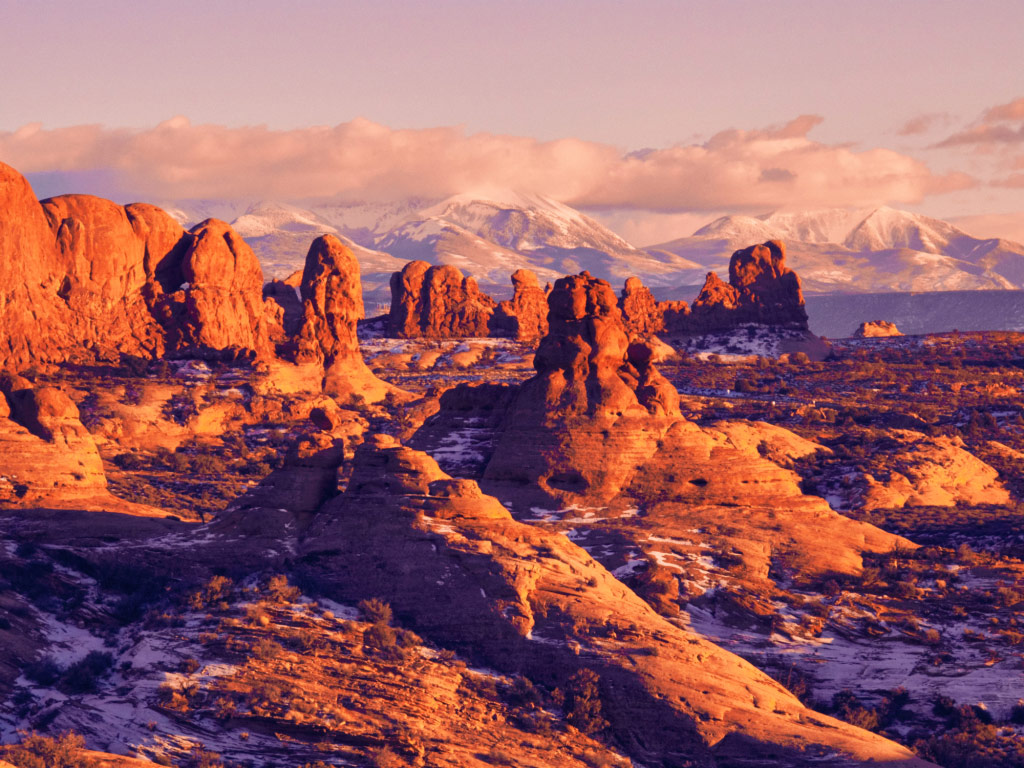
DT Fire and Ice – 3
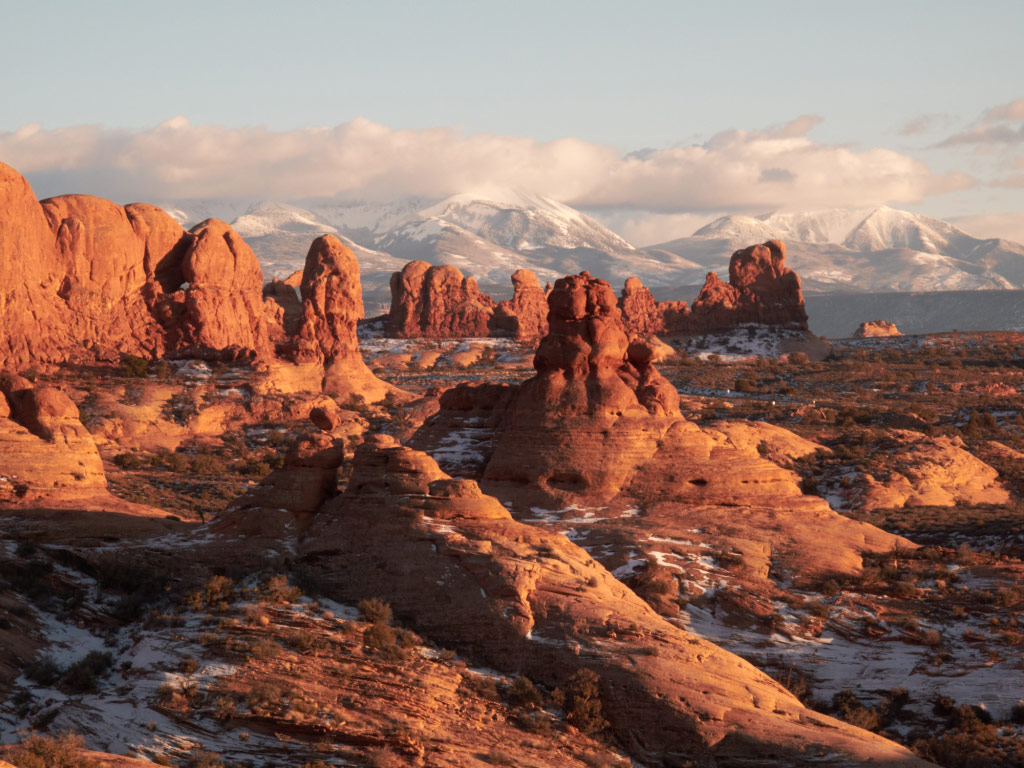
Normal

POV
There are only two styles in this set. The first is inspired by my time in the darkroom. Back when we physically held a negative in our hands and physically loaded it into the negative holder the choice of flipping the image was viscerally present each and every image. In years of consulting with photographers I’ve found it’s very rare for them to play with flipping an image horizontally now that the image is delivered on screen in a virtual way. Sometimes an image is perfectly composed just the way it is, but occasionally an image that just doesn’t “feel right” will suddenly snap into balance when flipped horizontally. Naturally you’ll want to be careful of using this style on images that have text or other elements like auto traffic that will look wrong when flipped. Flipping an image digitally is a one step operation so this style exists not to simplify that process, but to serve as a reminder to consider flipping when you’re experimenting with an image.
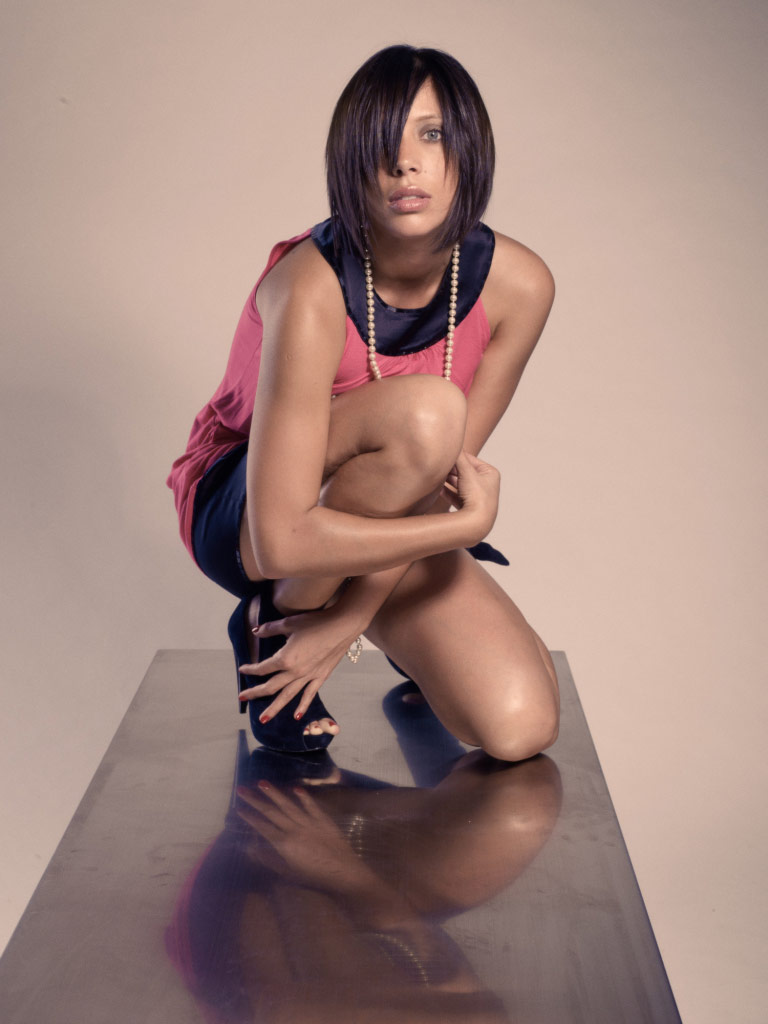
DT LA Office – 2
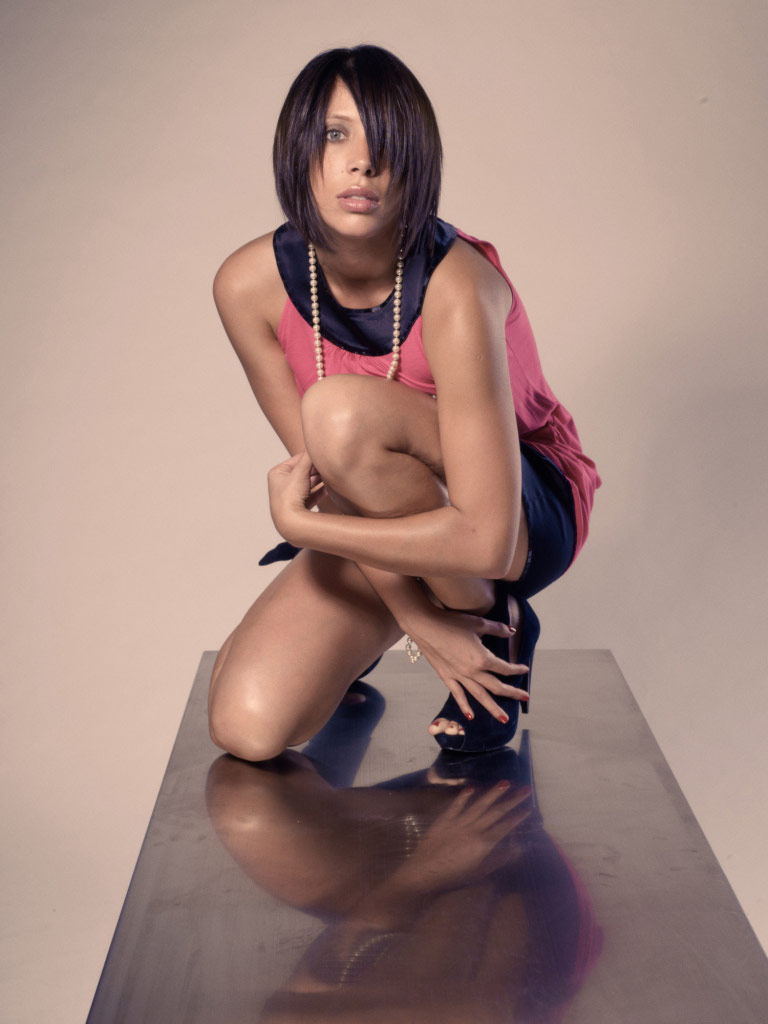
DT LA Office – 2 Flipped

Tools
Here we provide a set of solutions to specific problems. There are tone modifiers for sky, foliage, and skin. The skin tone set is especially valuable for deciding what skin tone compliments a particular model in a particular image. Because the tools they use are fairly narrow they can often pair well with other styles. For instance to darken the sky of a landscape image which you’ve already applied the Classico look to.
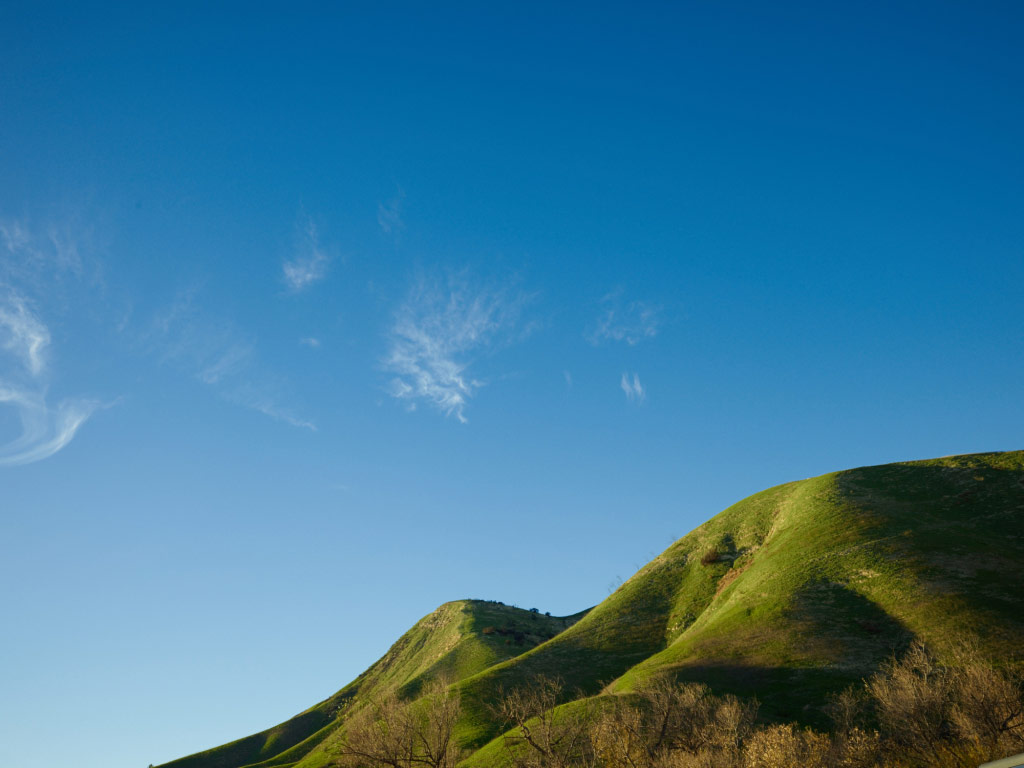
Darken Sky – 3
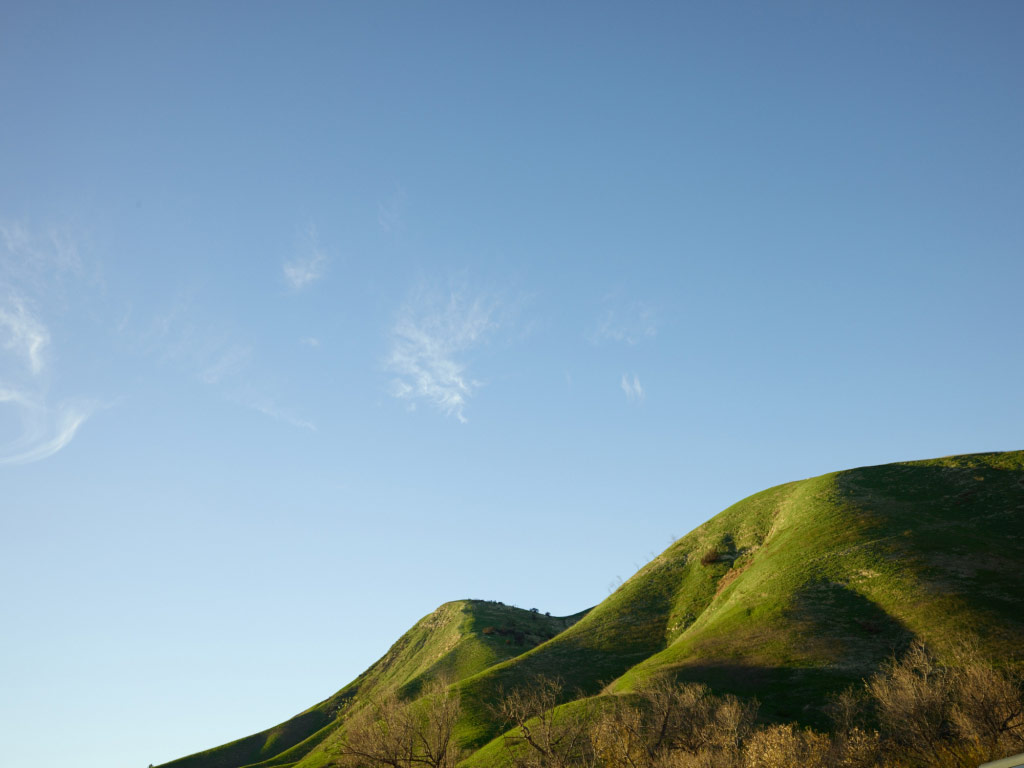
No Style
DT Emulsions - Fuji Pro 400H
We spent over 100 hours reverse engineering Fuji Pro 400H so that you could experience that emulsion in digital form. More than just “styles” this set provides a more direct emulation of the Fuji Pro 400 emulsion than any style pack we’ve ever seen! This was done by extensive real world comparisons between a Phase One digital back and Fuji Pro 400H using the same Contax body and Contax Zeiss lenses for both.
Fuji Pro 400H is known for it’s elevated and modestly muted skintones, it’s graceful handling of highlight rolloff, it’s slightly blue foliage, and it’s unusual handling of oranges. It’s a softer look that many find useful for high contrast or backlit natural light scenes.
Because of the enormous effort that it required to fully emulate the Fuji Pro 400H emulsion these styles are NOT part of the $129 Capture One pack. They are available separately for $89 or as a bundle with the DT Capture One Styles Pack for $199.
-
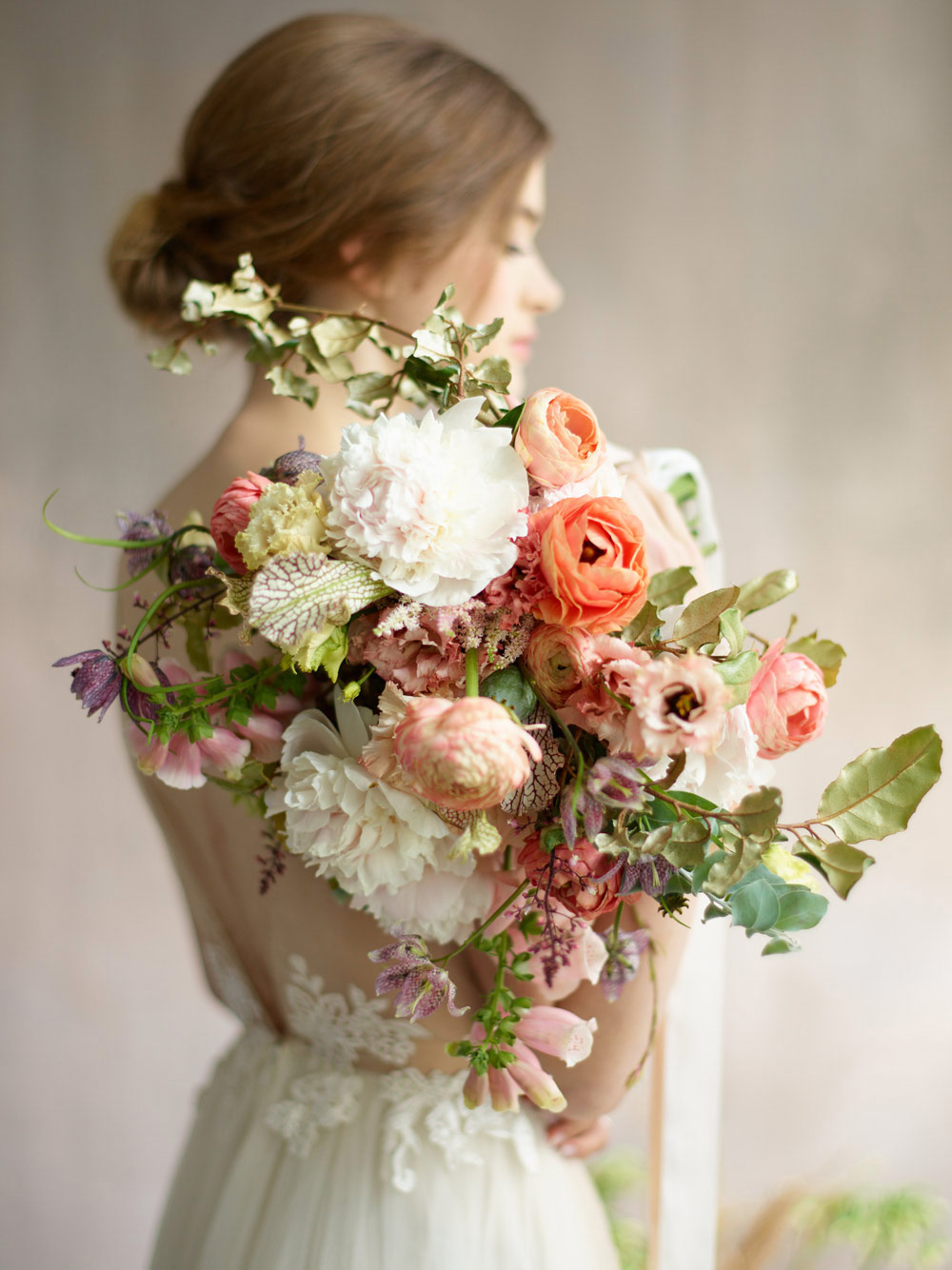
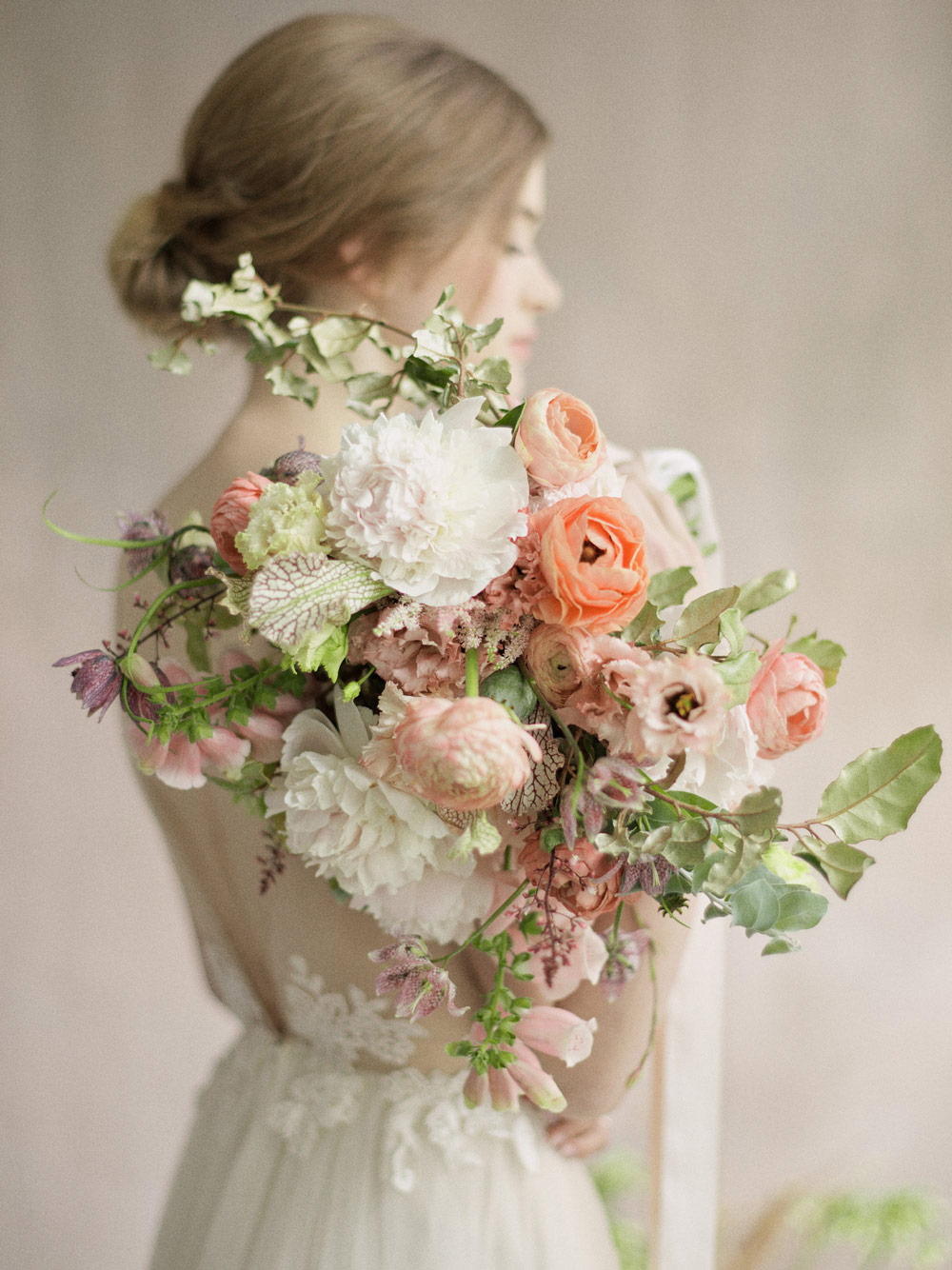
Out of Camera DT Emulsions - Fuji Pro 400H Example 1 With DT Emulsions - Fuji Pro 400H
-
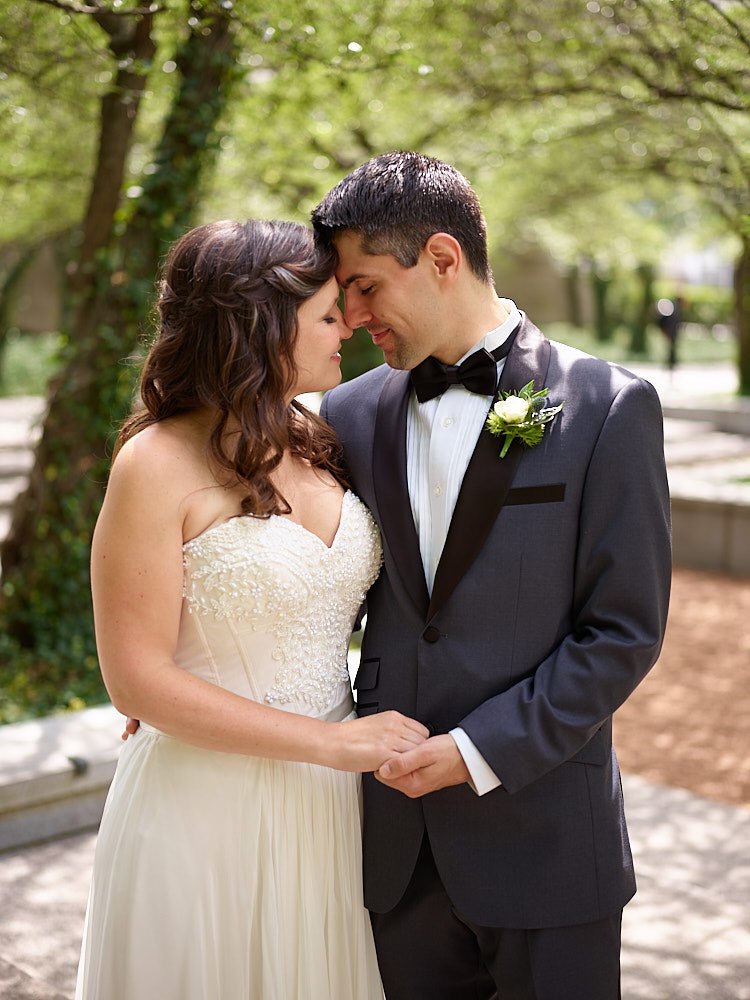
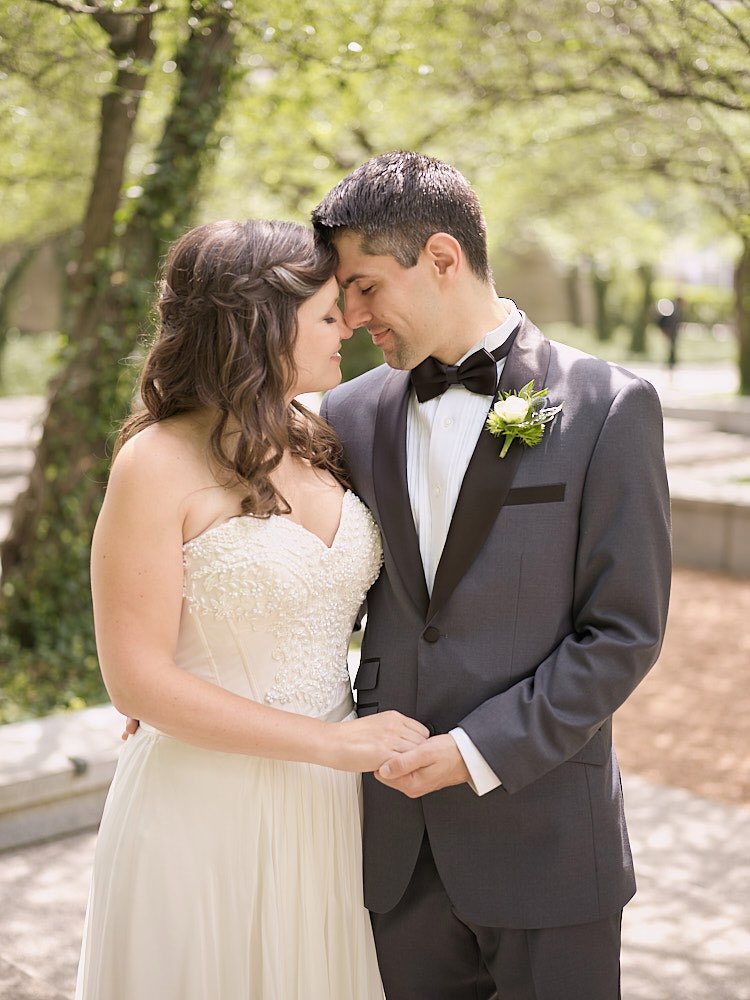
Out of Camera With DT Emulsions - Fuji Pro 400H
Overall Use Suggestions
The DT Overdrive Disclaimer
Included for free with your purchase is the DT Overdrive Style Pack. This pack is very different than the others. It contains hacked adjustments that are not otherwise possible in Capture One. Because it is a hack it is absolutely, positively, NOT guaranteed to work and may even cause significant issues. Install and use them at your own risk, and only use them on copies of valuable files. Capture One was not designed to work in the way that DT Overdrive styles forces it to; they purposely blow past limits and safety stops in the software to provide unique and otherwise impossible-to-achieve looks. They are included, as much as anything, as a curiosity to nerds who like to push limits and see where things break. If you are a more casual user, like to play it safe, or don’t want to deal with the potential (likely?) ramifications of purposely mis-using software please do not install or use them.
Compatibility
These styles were developed with Capture One 20 and later in mind. If you are using previous versions of Capture One these styles may not work, and we do not suggest trying. If you do not own Capture One please consider purchasing it from our store (Capture One). Also, since the styles use many adjustments which were introduced in version 11.0 they may not work on images that are still using earlier Engines. To see what engine an image is using please go to Base Characteristics. If you see anything other than “Capture One 11” next to engine we would suggest upgrading the engine of that image before applying any of our styles.
DT Capture One Style Pack works with both Mac and PC versions of Capture One.
Installation
For install instructions please see our blog entry titled Installing Capture One Style Packs.
If you have difficulty please contact support@digitaltransitions.com with as much detail about the problem you’re having as possible.
| Options | DT Capture One Styles 2020, DT Emulsions – Fuji Pro 400H, DT Capture One Styles 2020 with DT Emulsions – Fuji Pro 400H |
|---|
Installation
Please see our article Installing Capture One Style Packs for instructions on downloading.Related products
Capture One

